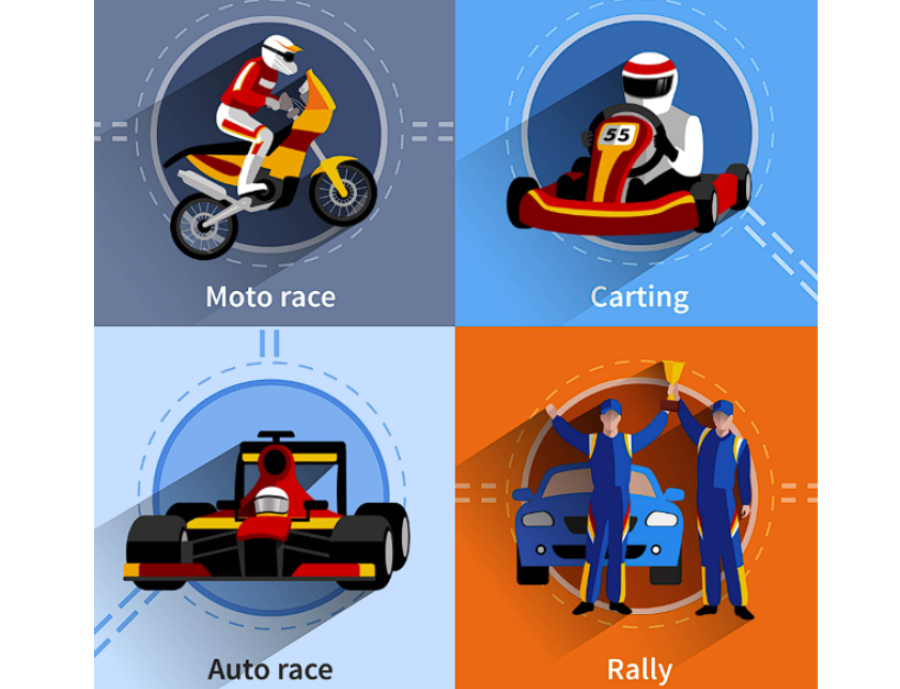1) Why Junkets Mattered in Australia’s Casino Boom
For two decades, Australia’s luxury integrated resorts built high-end revenue around VIP rooms hosting overseas whales—many introduced by regional Chinese junket promoters. Junkets solved multiple problems at once: they aggregated demand from mainland China and greater Asia, smoothed travel logistics, extended credit offshore, and curated private gaming experiences inside premium salons. In an industry where mass-market slots and tables can be volatile, a single VIP trip could swing quarterly results. But that same concentration of revenue also concentrated regulatory, reputational, and AML risk, setting the stage for the reckoning that followed.
2) How the Model Worked (Travel, Credit, Comps)
The logistics were precise and discreet. Promoters assembled small cohorts of VIPs, coordinated business-class flights and chauffeured transfers, and liaised with casino hosts to secure private tables, high limits, and non-gaming luxuries (suites, dining, retail). A defining feature was credit: junkets frequently extended rolling-chip programs or front money outside Australia, with collections happening offshore. That kept visible cash flows onshore relatively low and made casino accounting look clean, while still producing heavy turnover in the salon.
Comps were formulaic—tiered by theoretical loss, stay length, and side spending. Hosts managed the experience; promoters managed the relationship. For many patrons, the appeal was less about table minimums and more about status, privacy, and frictionless service from jet bridge to baccarat shoe.
(Payment rails note: As digital wallets and vouchers spread, mainstream players began using alternative methods for deposits and budgeting. A neutral overview at GamblingNerd.com explains how prepaid e-vouchers such as Neosurf work in Australia; while focused on online use, it shows how payment habits have diversified alongside the decline of traditional VIP credit.)
3) Why It’s Less Visible Now
Two dynamics dimmed the spotlight on junkets:
Regulatory inquiries and AML enforcement. Major investigations—most prominently the Bergin Inquiry in New South Wales—found serious governance and money-laundering failings linked to VIP/junket channels, prompting sweeping reforms and licence conditions that effectively ended classic junket operations in that state.
Macro and cross-border headwinds. China’s clampdown on capital outflows and the contraction of the Macau junket ecosystem disrupted the traditional promoter pipeline that fed Australian rooms.
Visibility also fell because casinos re-weighted toward domestic premium mass play, tightened due diligence on third-party introducers, and raised thresholds for private-salon access.
4) Case Study: Crown’s Transition Away From Junkets
Crown Melbourne epitomized the pivot. Following the Victorian Royal Commission’s scathing findings, Crown retained its licence under stringent conditions and moved to terminate junket relationships, rebuild AML controls, and re-design VIP product toward verifiable, on-shore patrons with enhanced KYC. The Commission’s report and government response laid out how junket structures exposed the operator to criminal exploitation risks—and why the model had to change.
What’s replacing the model:
Premium mass and on-program loyalty: higher-end play without third-party promoters, tracked through carded gaming and verifiable source-of-funds.
Experiential retail and F&B: revenue diversification that reduces reliance on a few whales.
Strict host playbooks: standardized comps, capped discretion, and audit-ready records.
5) Case Study: Star and the “New Reality” for Private Gaming
Star’s properties (Sydney, Gold Coast, Brisbane) also relied on private rooms historically. Subsequent inquiries and regulatory actions reshaped the environment: special managers, licence conditions, remediation plans, and elevated AML expectations. While each jurisdiction differs, the through-line is clear—junket-style arrangements have lost regulatory permission and commercial viability, pushing operators toward domestically sourced premium customers with transparent funding.
What fills the gap:
Events-driven visitation (sporting weekends, concerts, culinary festivals) to anchor domestic premium spend.
Tighter KYC and cashless pilots that make salon access contingent on traceable funds and real-time risk monitoring.
Smaller, compliant salons—still private, but built for scrutiny rather than secrecy.
6) The Economics of Decline—And What It Means for the Ecosystem
When junkets fade, three profit levers move:
Hold volatility drops. With fewer ultra-high-stakes sessions, earnings become less lumpy—better for lenders, less thrilling for quarterly beats.
Cost of sales shifts. Marketing rebates to promoters disappear, but compliance costs (KYC, transaction monitoring, staffing) permanently rise.
Non-gaming becomes strategic. Suites, dining, and entertainment turn from VIP perks into primary revenue drivers that broaden the base.
For the wider ecosystem—hotels, luxury retail, chauffeurs, and tour operators—the pivot means fewer ultra-concentrated spends but steadier premium-mass traffic, particularly around marquee city events.
7) What Replaces Offshore Intermediaries in 2025
The “new VIP” looks different:
Direct-to-patron relationships built through membership tiers and CRM rather than third-party promoters.
On-shore credit with documented source-of-funds, sometimes replaced altogether by pre-deposit models.
Cashless, carded play with spend and time limits (varies by state), improving audit trails and harm-minimisation optics.
Risk-scored hospitality: comps tied to transparent metrics and automated approvals, not untracked side deals.
8) Looking Ahead: A Calmer, More Auditable Premium Segment
Australia’s casino sector is pivoting from a model that prized opacity and outsize whales to one that favors transparency, domestic premium mass, and compliance-by-design. Private rooms won’t vanish; they’ll become smaller, slower, and better documented—closer to luxury hotel lounges than sealed high-roller citadels. For readers tracking policy and corporate earnings, the signal to watch isn’t the return of junkets, but the mix shift: more carded play, more on-shore funding, and non-gaming revenues steadily underwriting the floor.









